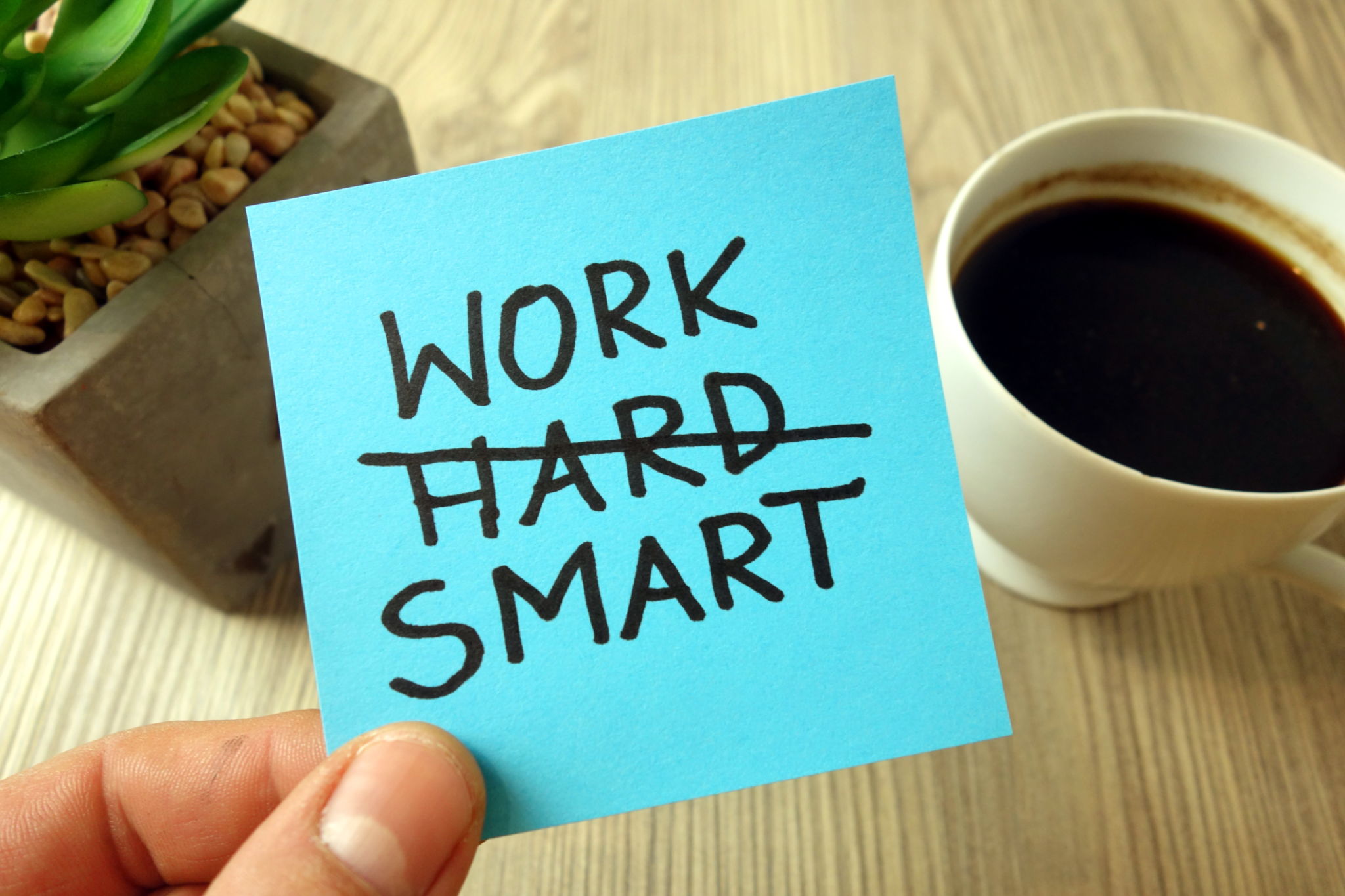Choosing the Right Marketing Mix: A Down-to-Earth Guide for Busy Event Pros

Getting Real About Multi-Channel and Omni-Channel Marketing
If you’ve ever felt like you’re running in circles just to stay in front of your clients, you’re not alone. A lot of event vendors get stuck switching between their website, Instagram, emails, texts, and more- just trying to keep up. The terms “multi-channel marketing” and “omni-channel marketing” get tossed around, but they can sound confusing or just plain overwhelming. So, what’s the real difference, and does it even matter which one you pick if you’re just trying to book more weddings, parties, or corporate gigs? This guide is all about breaking it down in simple terms, so you can stress less and actually make your marketing work for you.
Multi-channel marketing means sharing your message on several different platforms- think social media, email, your website, maybe even some print ads. Each channel works on its own, but they don’t always connect to each other. Omni-channel marketing, on the other hand, is about making sure all these touchpoints talk to each other. Your Instagram messages link up with your email follow-ups, your website chats feed into your booking system, and your text reminders fit right into the client’s journey. For event pros who already feel spread thin, knowing which approach actually helps you book more clients (without burning out) can make a huge difference.
The truth is, both strategies have their strengths- and their headaches. The trick is figuring out which one lines up with your goals, your schedule, and your tech comfort zone. Some business owners just want to save time and look professional, while others are chasing that dream of being known as the best in town. No matter where you fall, understanding these strategies puts you in control instead of feeling like you’re always playing catch-up.

What Is Multi-Channel Marketing and Why Do Event Vendors Use It?
Multi-channel marketing is kind of like having a bunch of fishing lines in the water at once. You might post your latest catering menu on Instagram, run an ad in a local magazine, send out an email about open dates, and keep your Google Business profile up to date. Each platform gets your name out there to a different group of potential clients. This feels straightforward because you can focus on whatever channels you already use. For a lot of event vendors, this setup just fits the way they work- they want to meet clients wherever they hang out and don’t have time to learn a whole new system.
The upside is you get to cast a wider net. Maybe a couple finds you while scrolling on TikTok, while a corporate planner loves your email newsletter. You don’t have to guess which one will hit- it’s like covering your bases. The problem, though, is that all these efforts can start to feel disconnected. Each platform becomes its own little island. You end up copying and pasting responses, forgetting who replied where, and worrying that important leads slip through the cracks. It’s not long before you’re buried in sticky notes, apps, and browser tabs.
This is where a lot of the stress kicks in. Multi-channel marketing eats up time you could spend meeting with clients or actually working events. There’s this constant nagging feeling that you’re missing messages or not following up fast enough. And if your tools don’t talk to each other, everything gets even messier. For some business owners, this approach eventually feels like just another round of busywork, not the smooth system you were hoping for.

How Omni-Channel Marketing Feels Different for Event Pros
Omni-channel marketing is about making every client touchpoint feel like part of one big conversation- even if it starts on Facebook and ends in your inbox. Instead of juggling disconnected channels, you’re creating a single, smooth path for your clients, no matter how they reach you. Imagine someone finds your venue on Instagram, fills out your website form, and then gets a text confirmation for a venue tour. All the info flows together automatically, so you don’t have to redo anything or worry about missing a beat.
This strategy is what a lot of event vendors wish they had- one place where messages, bookings, proposals, and payments all link up. You look more professional and clients notice the difference right away. They get speedy replies, clear updates, and never have to repeat themselves. For you, the owner, it means less time switching between apps and more time focusing on what matters (like curating stunning centerpieces or building playlists that actually get the party started). It can feel like the stress just melts away when your systems finally work together.
But getting to this point takes some upfront effort or the right tools. Not every CRM or event software is built for vendors like you- some are made for big corporations and miss the details that matter for weddings, parties, and galas. That’s why it’s important to find a platform that speaks your language and actually understands your daily grind. With omni-channel marketing, you get to stop worrying about things slipping through the cracks and start focusing on making your clients happy.

Which Approach Drives Better Results for Event Vendors?
Here’s where things get real. Multi-channel marketing is better than nothing, and for many event pros just starting out, it works well enough. You can reach a lot of people and experiment to see which channels bring in the most leads. But if you’re tired of feeling scattered, omni-channel marketing is the next step up. It’s about working smarter, not harder, and using automation to handle the stuff you don’t have time for.
Omni-channel marketing helps you reply faster, follow up without fail, and deliver a personal touch every step of the way. This makes clients feel cared for and keeps them coming back- or sending their friends your way. It also means you’re less likely to lose leads because you missed a DM or forgot to send an invoice. Instead of having to remember every single thing, your system does the heavy lifting for you. This peace of mind is a huge deal for business owners who just want to feel in control.
If your goal is to close deals faster, spend less time on admin, and stand out from the competition, omni-channel is the clear winner. But it only works if you have the right system in place- one that’s built for event pros, not just generic “business” owners. The trick is to invest in tech that truly matches your workflow and doesn’t leave you feeling like you need a computer science degree just to get started.

Making the Switch Without Losing Your Mind
Switching from multi-channel to omni-channel sounds great in theory, but it’s easy to get overwhelmed by all the options. Start by taking a good look at how you’re working now. Are you spending hours copying info from one app to another? Are leads slipping through the cracks because you can’t remember which platform they messaged you on? If you’re nodding along, it’s probably time to try something different.
Look for tools or platforms that actually cater to event vendors- ones that offer templates, automations, and workflows you can set up without needing tech support every five minutes. Your system should help you onboard clients, send contracts, track payments, and manage communication in one place. Don’t settle for something that just “kind of” works. You deserve tech that actually makes your life easier.
Join online communities, ask other vendors what they use, and don’t be afraid to ask for a personalized demo before committing. The right platform will listen to your struggles and show you exactly how their features fit your workflow. Remember, the goal isn’t just to look fancy- it’s to actually save time and stress, so you can focus on the parts of your business that light you up.

Wrapping Up: What’s Next for Your Event Business
In the end, the choice between multi-channel and omni-channel marketing comes down to how you want your business to feel. If you’re tired of scrambling between five platforms and never feeling caught up, it’s time to make a change. Omni-channel marketing is the smarter path for busy event pros who want to close more deals, keep clients happy, and finally take a breath.
If you’re ready to make things smoother and stop letting chaos run your business, check out Vendor Hive CRM. This AI-powered platform helps you capture leads, automate follow-up, and close deals without skipping a beat. Everything you need for your event business is in one spot, so you can stop juggling and start growing.
